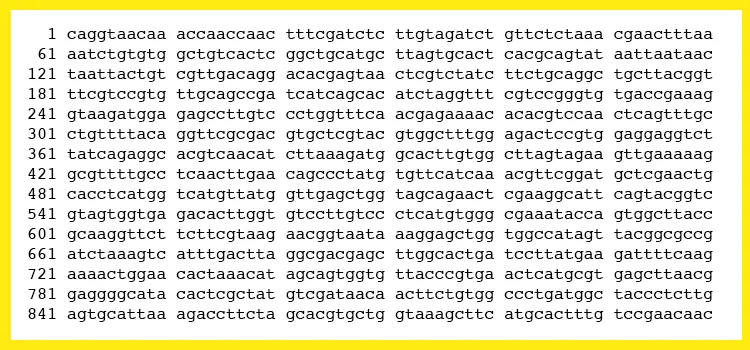How DRI will contribute during this pandemic.
The Digital Repository of Ireland is keen to contribute resources and expertise during the COVID-19 crisis and has identified several key areas for support:
Providing Access to COVID-19 Datasets
As a digital repository for archiving, preserving and providing sustained access to data across the humanities and social sciences, our infrastructure is uniquely equipped to prioritise the archiving and rapid sharing of datasets related to COVID-19. We are ready to work with researchers and research support staff to do this. It is clear that a significant component of the fight against the pandemic relies on changes to work and social patterns, rapid and agile responses and coordination at the national and global levels, and accommodation of irregular or challenging ‘new normals.’ Sharing the findings of research in these areas is a key component in both reducing infection and ensuring the health and safety of the world’s populations.
Archiving Ireland’s Response to the Pandemic
This is a strange and unprecedented time to live in, and the ‘normal, everyday’ is changing rapidly before our eyes. New phrases or new uses of phrases have become everyday language in a matter of days – ‘social distancing,’ ‘cocooning,’ ‘flattening the curve’ and so on. Much of the workforce is being subject to redeployment, the government monitors and issues guidelines and new rules frequently, and community networks are springing up to support vulnerable populations. In addition to prioritising datasets directly relevant to the current pandemic, we are also keen to facilitate sharing of data in these broader social and cultural areas. We have experience in archiving social media, and will be working more closely with web-based archiving through our new Wellcome Trust project on Archiving the 8th Amendment. We are actively considering archival issues around the COVID-19 social media conversation.
Research Data Guidance
We are also keen to share our best practices, guidelines and advice in preparing datasets for reuse. DRI’s publications are freely available in the repository, and include Guidelines (e.g. for metadata preparation), Reports, and Factsheets about archiving and data reuse. If you are working on COVID-19 related materials and would like to discuss best practices in data management, please contact us.
Similarly, DRI is involved in a number of international networks dedicated to data sharing and reuse. We are a partner in the Research Data Alliance Europe, which has recently started a fast track COVID-19 working group to create guidelines for COVID-19 data sharing. The importance of Open Science practices, including the open and accessible sharing of data and publications, has never been clearer. If you are a researcher working on COVID-19 please consider contributing your expertise to this group by joining RDA (free, takes a few minutes).
Teaching and Learning, Digital Communications
The content in the DRI repository is freely available, and most collections are accessible immediately through a click or two. Some of our datasets contain sensitive materials, and depositors have therefore restricted their use to registered users. This information will appear when you find the object or collection you are looking for, and the depositor’s instructions will be displayed for follow up. Teachers, parents, lectures and anyone else looking for educational content can find a wealth of resources in the repository: repository.dri.ie
One of our staff has written a blog on Learning from Social Science Data Sets. You may also find the blog we published last year to mark 50 collections in the DRI useful as a finding aid. Blogs on related topics will be posted in the upcoming weeks.
DRI is a born-digital organisation, which means that we are used to collaborating, meeting, and working with digital tools. We recently wrote a piece on questions to ask yourself before choosing a videoconferencing platform, and will be following this up with a videoconferencing code of conduct/etiquette guide, and other resources. All new outputs are noted on our website News page.
Stay well everyone, and if you can, stay home.
Contact us
To contact us email dri@ria.ie or find individual staff members on our Team page. Note that we are currently working remotely, so the telephone is not being answered.
To subscribe to our monthly newsletter, send an email to LISTSERV@listserv.heanet.ie, with an empty subject line and the following in the message body: SUBSCRIBE DRI-FRIENDS yourfirstname yourlastname
To follow quick updates and tips, find us on Twitter at @dri_ireland
Image: Data taken from ‘Wuhan seafood market pneumonia virus genome assembly, chromosome: whole_genome” GenBank: LR757996.1 https://www.ncbi.nlm.nih.gov/nuccore/1804153870






